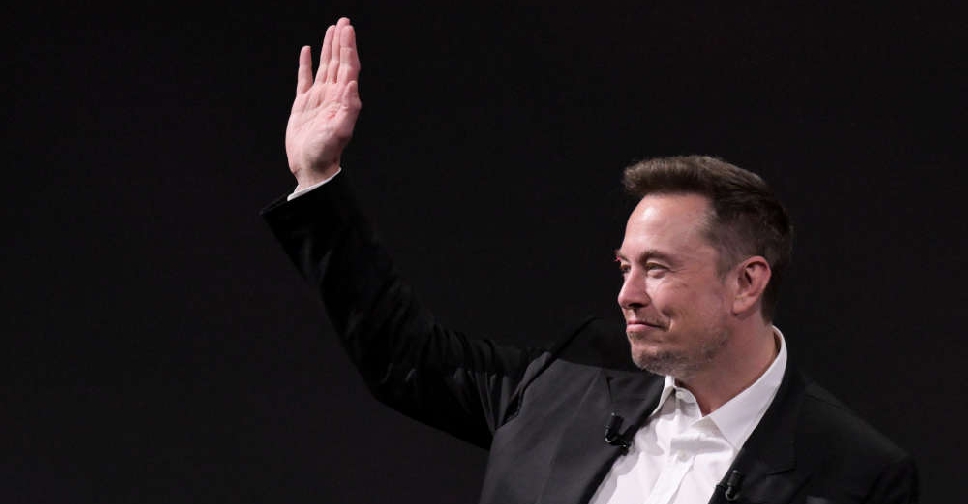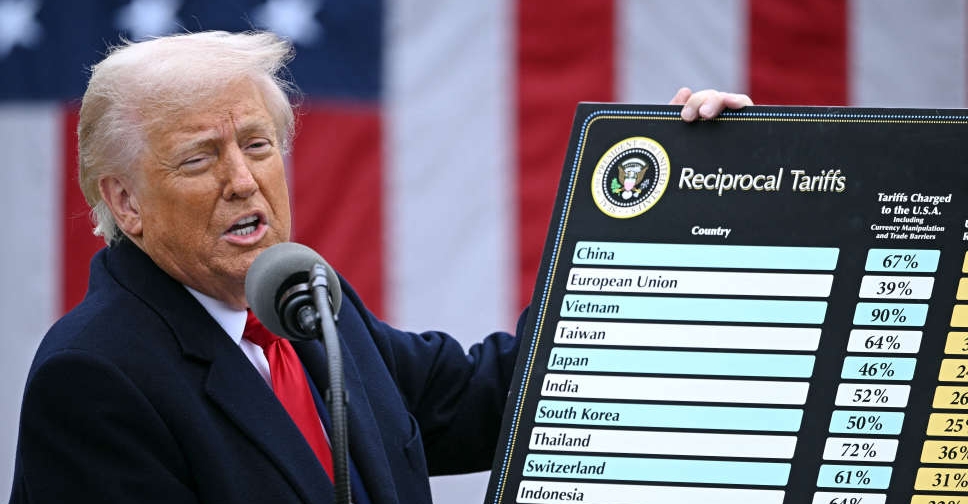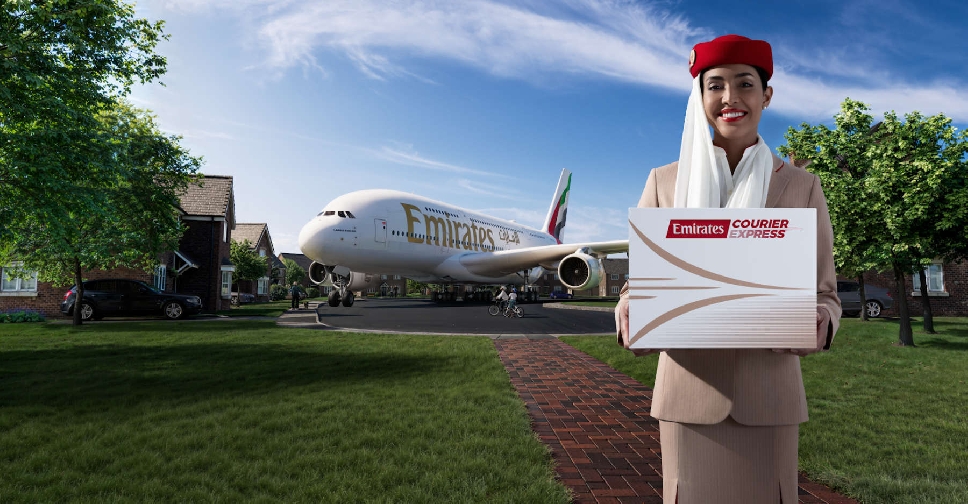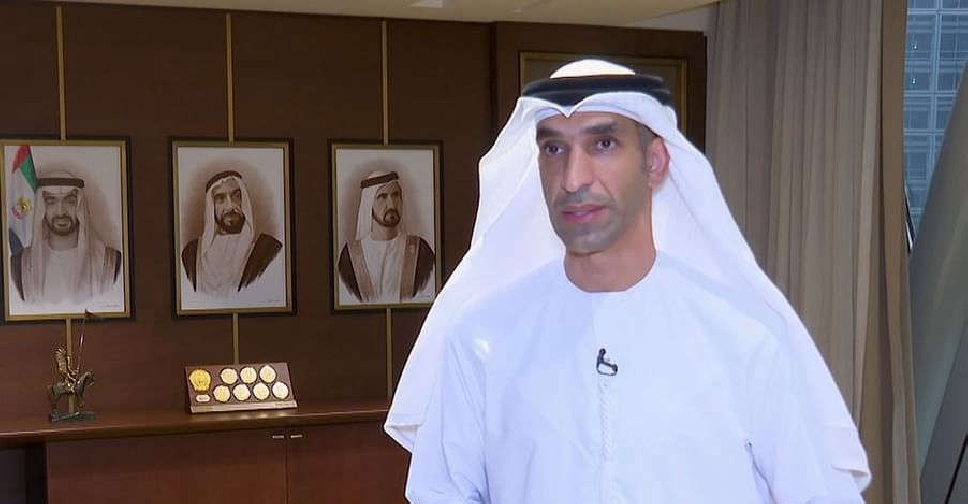
Elon Musk's satellite broadband firm, Starlink, said that it is complying with Brazil's top court order to block access to social media platform X in the country, a day after informing the country's regulator it would not obey the order.
Starlink had emerged as a fresh battleground between Musk and Brazil, as top court judge Alexandre de Moraes ordered the freeze of the company's accounts for possible use to pay fines owed by X, which is also owned by Musk.
"Regardless of the illegal treatment of Starlink in freezing of our assets, we are complying with the order to block access to X in Brazil," Starlink, which has more than 200,000 customers in the Latin American nation, said in a post on X.
On Monday, Brazil's telecom regulator Anatel said it had been informed by Starlink that the Musk-backed company would not obey Moraes' order for all internet providers to block domestic access to X.
An Anatel representative told Reuters, however, that Starlink had backtracked and informed the regulator on Tuesday it would conclude the blocking within hours.
Anatel verified Starlink has already started to cut access to X in Brazil.
X has been blocked in Brazil since last week after Moraes ordered all telecom providers in the country to shut down the social media platform for lacking a legal representative in the country, a decision later upheld by a panel of Supreme Court justices.
In its post, Starlink said it had initiated legal proceedings in the Brazilian Supreme Court explaining the "gross illegality" of Moraes' order, that froze Starlink's finances and prevents it from conducting financial transactions in Brazil.
It added that it continues to pursue all legal avenues, as are others who agree that the judge's "recent orders violate the Brazilian constitution."
Starlink lost the deadline to present a new appeal against the decision to freeze its accounts, a court document showed on Tuesday, and it was not immediately clear what legal instrument the firm would use to request the overturn of the freezing.
The dispute over X has its roots in a Moraes order from earlier this year that required the platform to block accounts implicated in probes of alleged spreading of distorted news and hate messages.
Musk denounced the order as censorship. He responded by closing the company's offices in Brazil in mid-August, but the platform continued to be available in the country until Moraes shut it down.
Some Brazilians can still access the service by VPN and other ways.



 Trump to impose 10% tariff on UAE, Saudi Arabia imports
Trump to impose 10% tariff on UAE, Saudi Arabia imports
 UAE tops global entrepreneurship rankings for 4th straight year
UAE tops global entrepreneurship rankings for 4th straight year
 Emirates launches express delivery service
Emirates launches express delivery service
 DEWA reduces CO2 emissions with increased electricity, water efficiency
DEWA reduces CO2 emissions with increased electricity, water efficiency
 UAE's CEPA with Costa Rica, Mauritius come into force
UAE's CEPA with Costa Rica, Mauritius come into force



